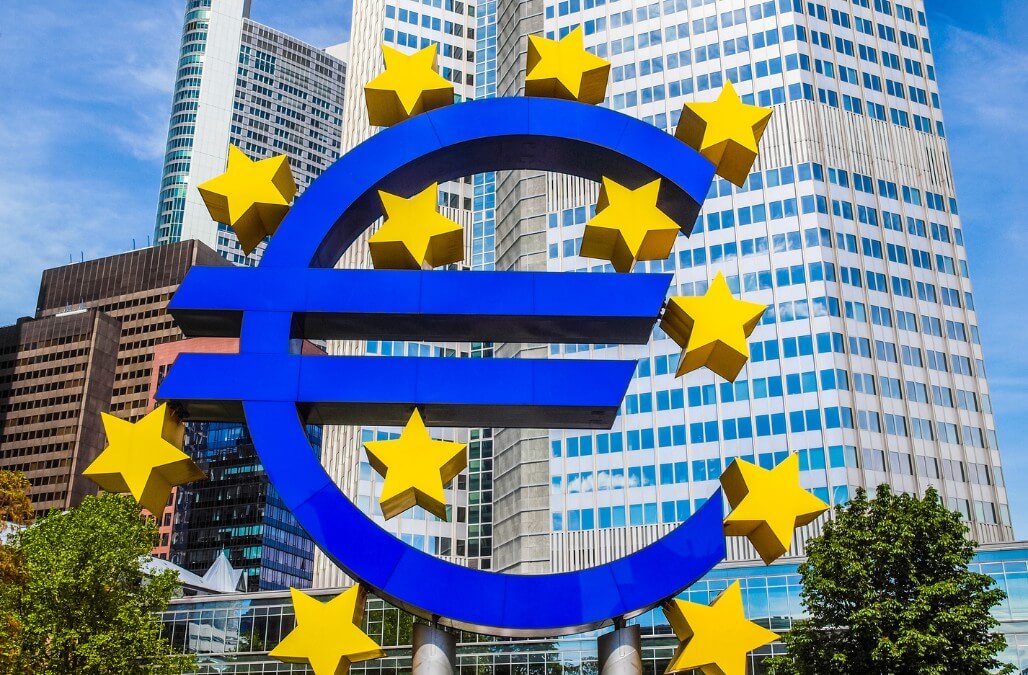Some of the more assertive members within the European Central Bank (ECB) foresee the potential for another increase in interest rates come December, contingent on a sustained rapid surge in wages and if inflation proves more stubborn than anticipated. The recent rate hike on Thursday, pushing the deposit rate to 4 percent, is widely anticipated by investors to mark the conclusion of such adjustments for the foreseeable future.
Some policymakers have emphasized that if eurozone inflation exceeds initial projections, there remains the possibility of revisiting rate adjustments when the central bank updates its forecasts in December.
One policymaker expressed a differing viewpoint, stating that they don’t agree that they are done. They added that they would need a very negative surprise on inflation to hike again in October, but they might in December.
ECB hopes to return inflation to 2%
The central bank conveyed on Thursday that maintaining current rates for an extended period would significantly contribute to achieving the desired return of inflation to its 2 percent target. The announcement heightened investor anticipation that this adjustment would likely be the last.
Dirk Schumacher, a former ECB staff member who now serves as an economist at the French bank Natixis, said it was articulated even more explicitly than anticipated, emphasizing that a significant upside surprise in inflation would be necessary for further hikes.
Nevertheless, policymakers underscored the uncertainty surrounding how quickly price pressures might recede, especially in light of the ongoing acceleration in wage growth across much of Europe. ECB chief economist Philip Lane raised this concern in a recent meeting.
Lane pointed out recent agreements with Dutch unions, ensuring workers receive pay hikes of at least 10 percent.
On Thursday, ECB President Christine Lagarde noted that labor costs had contributed more to eurozone inflation in the three months leading up to June. Pay per employee in the eurozone had risen by 5.5 percent in the second quarter compared to the previous year, approaching a record high. This increase significantly drove up inflation in the services sector, where labor costs make up a substantial portion of overall expenses, reaching 5.5 percent in August.
Lagarde stated that a sustained increase in inflation expectations above the target, or unexpected rises in wages or profit margins, could result in higher inflation, even in the medium term. She also mentioned that she couldn’t definitively say that interest rates had reached their peak. However, she also pointed out that there were early indications of companies managing higher wage costs by tightening profit margins instead of raising prices.
One participant in this week’s meeting commented that they have seen inflation above the target for two years and expect it to remain above the target for another two years. Hence, they must see it return to target within a reasonable timeframe.
Spain’s economy minister says ECB is probably done hiking
Spain’s Economy Minister, Nadia Calvino, believes that the European Central Bank is likely finished with its tightening monetary policy. She mentioned that they will surely be paying great attention to the explanations of the ECB on their recent decision from yesterday, which apparently, and she supposes they will confirm, is probably putting an end to the very fast interest-rate increase we have experienced in the last 12 months.
Ann-Katrin Petersen, a senior investment strategist at the BlackRock Investment Institute, noted that following the ECB’s “dovish hike” this week, the focus has shifted toward how long policy rates will remain elevated rather than how high they will go.
Petersen also pointed out that the ECB’s unprecedented 4.5 percentage points rate increases over the past year, combined with a weakened Chinese economy and inventory destocking among European manufacturers, make a recession appear likely in the upcoming quarters. However, she added that it is unlikely to result in rate cuts until “well into 2024.”





